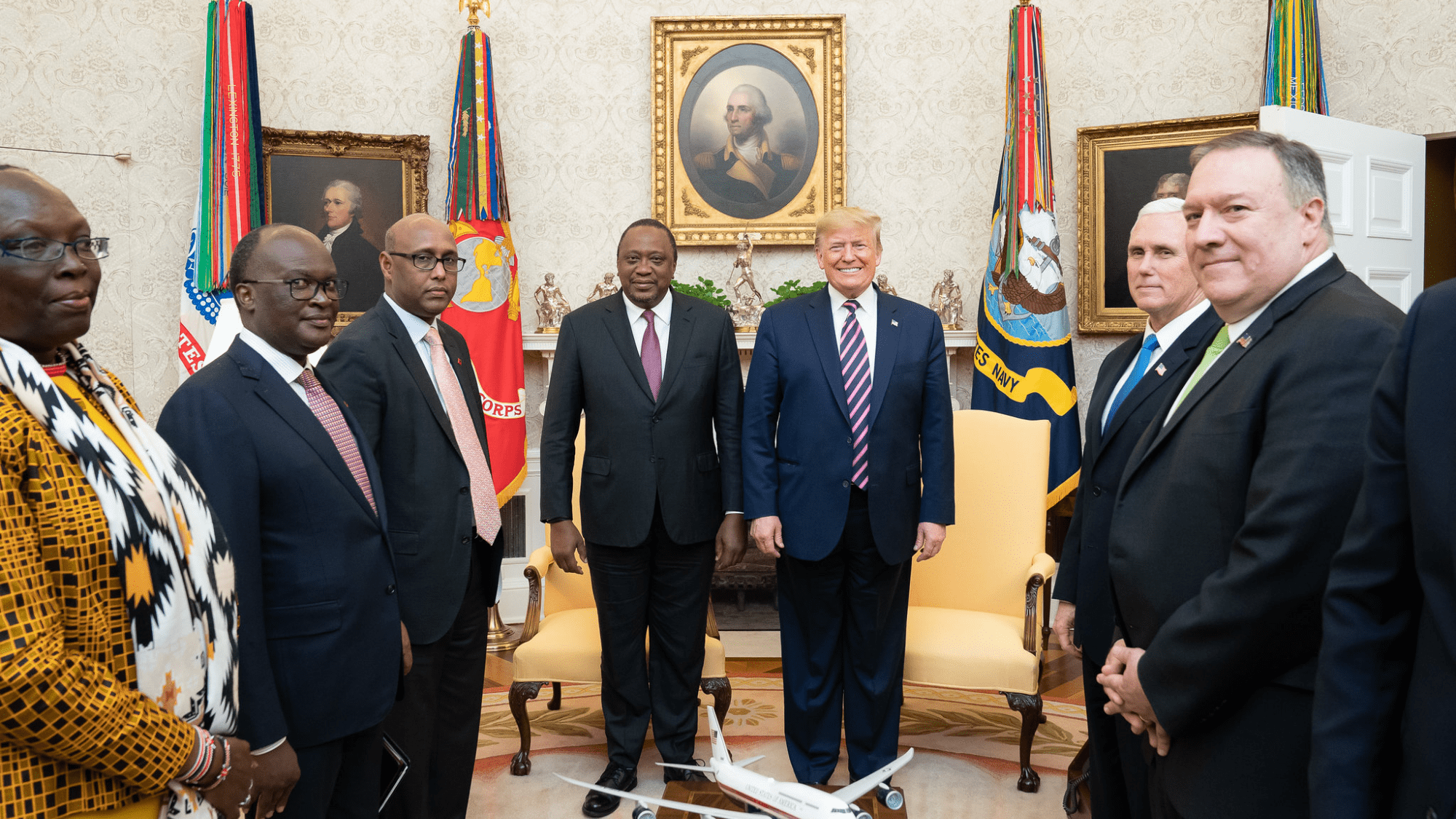
Freemasonry, one of the world’s oldest fraternal organizations, has long been associated with principles of brotherhood, charity, and self-improvement. While its origins trace back to medieval stonemasons in Europe, the fraternity has flourished worldwide, including in Africa. Kenya, Nigeria, and South Africa are three prominent African nations where Freemasonry has taken root, each developing its own unique Masonic culture while maintaining the core traditions of the Craft.
This article explores the history, influence, and role of Freemasonry in these three countries, drawing comparisons between their Masonic structures, societal perceptions, and contributions to charity and development.
Freemasonry was introduced to Africa during the colonial era through European settlers, military lodges, and missionaries. While some of the earliest lodges were exclusively for Europeans, local participation grew over time, leading to a more diverse Masonic landscape. Today, African Freemasonry operates within both national and international Masonic jurisdictions, promoting principles of integrity, respect, and service.
Freemasonry was introduced to Kenya in the late 19th and early 20th centuries, primarily through British colonial administrators and settlers. The first Masonic lodge in Kenya was established in the early 1900s under the jurisdiction of the United Grand Lodge of England (UGLE). Over the decades, more lodges were founded, attracting local professionals, businessmen, and political figures.
Kenyan Freemasonry is primarily governed by lodges under UGLE, the Grand Lodge of Scotland, and the Grand Lodge of Ireland. Today, Kenyan lodges welcome members from diverse ethnic, cultural, and professional backgrounds, emphasizing values such as personal development and community service.
Freemasonry in Kenya has often been misunderstood, with some viewing it as a secretive society linked to political and economic elites. Despite these perceptions, Masonic lodges in Kenya actively engage in charitable initiatives, supporting education, healthcare, and disaster relief efforts.
Kenyan Freemasons have contributed to numerous philanthropic causes, including scholarships for underprivileged students, hospital funding, and support for orphanages. These efforts continue to foster goodwill and change public perceptions of the organization.
Freemasonry in Nigeria dates back to the 19th century, with British and Scottish lodges playing a pivotal role in its establishment. As Nigeria gained independence in 1960, local membership grew, and Nigerian Freemasonry became more self-sustaining. Today, Nigeria boasts one of the largest Masonic memberships in Africa.
The Grand Lodge of Nigeria, established in 2000, oversees most Masonic activities in the country. Nigerian Freemasonry also operates under the jurisdiction of the UGLE, alongside lodges affiliated with the Grand Lodge of Scotland and the Grand Lodge of Ireland.
Nigeria’s Freemasonry includes members from various professional fields, including politics, law, medicine, and business. Some prominent Nigerian Freemasons have played significant roles in governance, corporate leadership, and community development.
Like in Kenya, Freemasonry in Nigeria faces misconceptions, with some associating it with secrecy and conspiracy theories. However, Masonic lodges continue to emphasize their commitment to moral and ethical development, transparency, and charitable work.
Nigerian Freemasons are deeply involved in social welfare projects, funding educational programs, healthcare facilities, and disaster relief efforts. These initiatives demonstrate the fraternity’s dedication to societal improvement.
Freemasonry in South Africa has a longer and more structured history than in Kenya and Nigeria, dating back to the 18th century. The first lodge was established in the Cape Colony in 1772 under the Dutch jurisdiction. Later, British and Scottish lodges became dominant as the region came under British control.
Today, South Africa has one of the most organized Masonic communities in Africa, with lodges operating under the Grand Lodge of South Africa, the UGLE, and the Grand Lodges of Scotland, Ireland, and the Netherlands. These lodges reflect the country’s diverse cultural and racial composition.
During South Africa’s apartheid era, Masonic lodges played a unique role in fostering unity among members of different racial backgrounds. Despite societal segregation, Freemasonry upheld principles of brotherhood and equality, welcoming members from all communities.
Freemasonry in South Africa is more openly accepted compared to Kenya and Nigeria. However, challenges such as declining membership and the need for greater public awareness persist. Efforts to demystify Freemasonry through community engagement and education continue.
South African Freemasons have been instrumental in funding hospitals, schools, and disaster relief programs. Their charitable contributions extend beyond South Africa, supporting initiatives across the continent.
Freemasonry in Kenya, Nigeria, and South Africa shares common principles but has evolved uniquely in each country. In Kenya, Freemasonry is growing, though public misconceptions persist, particularly concerning secrecy and elitism. Nigerian Freemasonry, with its larger membership, faces similar challenges but has played a significant role in leadership and philanthropy. South Africa, with its long Masonic history, has a well-established structure and greater public acceptance, though it faces the challenge of declining membership.
Each of these nations has thriving Masonic lodges that contribute significantly to their communities. Kenyan, Nigerian, and South African Freemasons actively support education, healthcare, and disaster relief, ensuring that their presence benefits society. While they all operate under international Masonic jurisdictions, South Africa has a more structured Masonic body with local grand lodges playing a central role.
Public perception remains a significant factor influencing Freemasonry’s growth in these countries. While South Africa has made strides in transparency and acceptance, Kenya and Nigeria still battle misconceptions. Nonetheless, efforts are being made in all three nations to foster understanding and awareness of Freemasonry’s true purpose.
Freemasonry in Kenya, Nigeria, and South Africa shares a common foundation of fraternity, charity, and moral development while adapting to the unique social, cultural, and historical contexts of each nation. Despite public misconceptions and challenges, Freemasonry continues to thrive in these countries, contributing significantly to community development and philanthropy.
As Freemasonry evolves, efforts to promote transparency, inclusivity, and public engagement will be essential in ensuring its continued growth and positive impact across Africa. Whether through educational sponsorships, healthcare initiatives, or disaster relief, Freemasons in Kenya, Nigeria, and South Africa are making meaningful contributions to society—upholding the core values that have defined the fraternity for centuries.
Would you like any adjustments or additions, such as references to specific lodges or notable Freemasons in these countries?